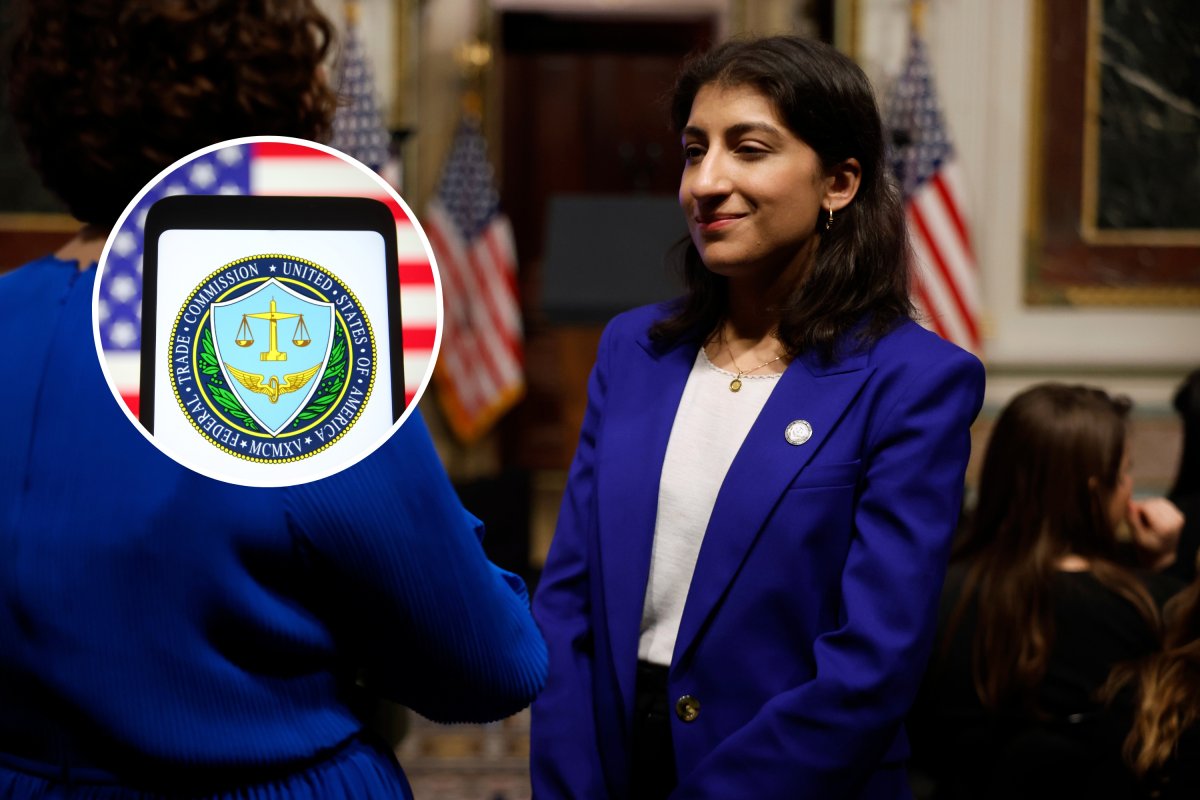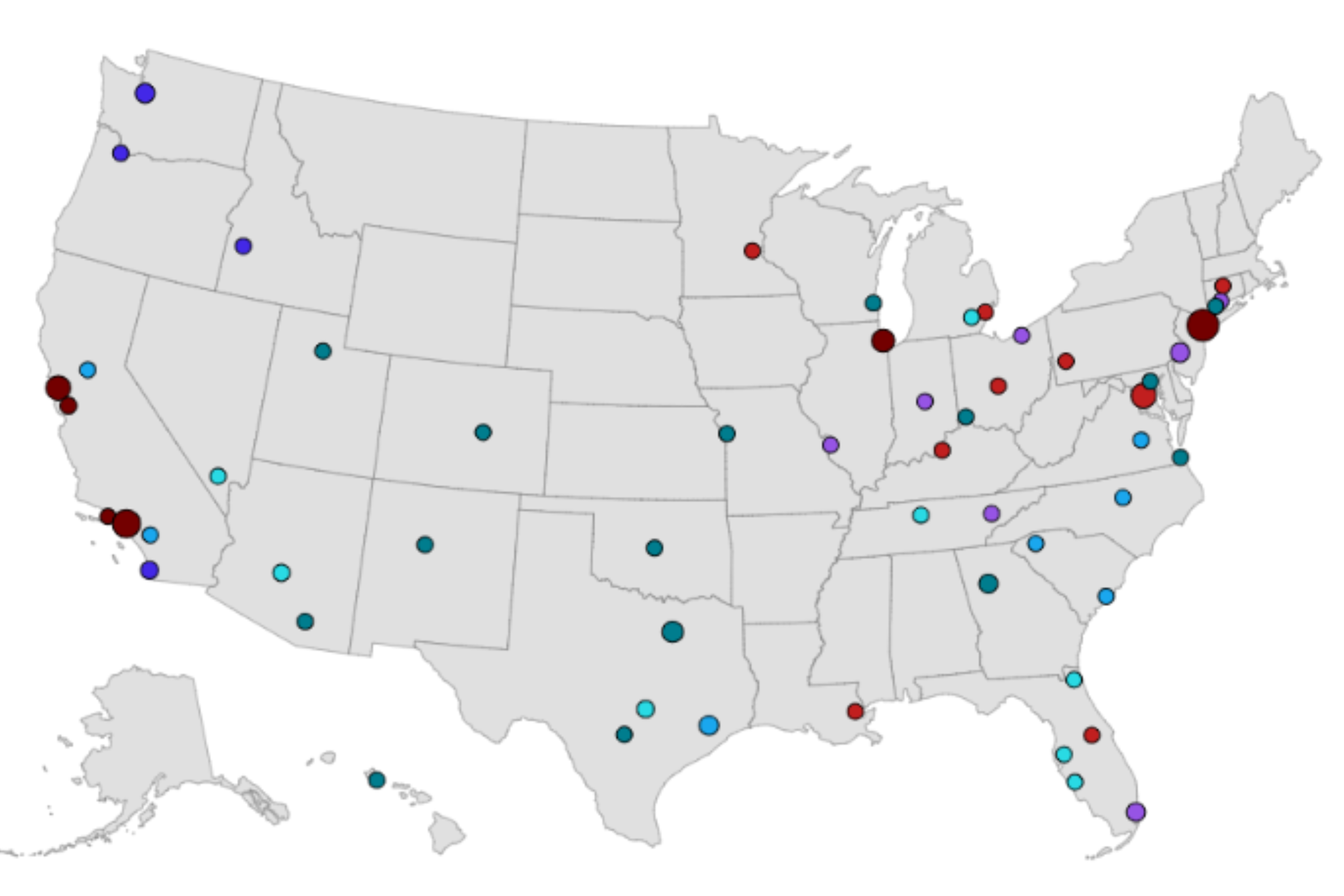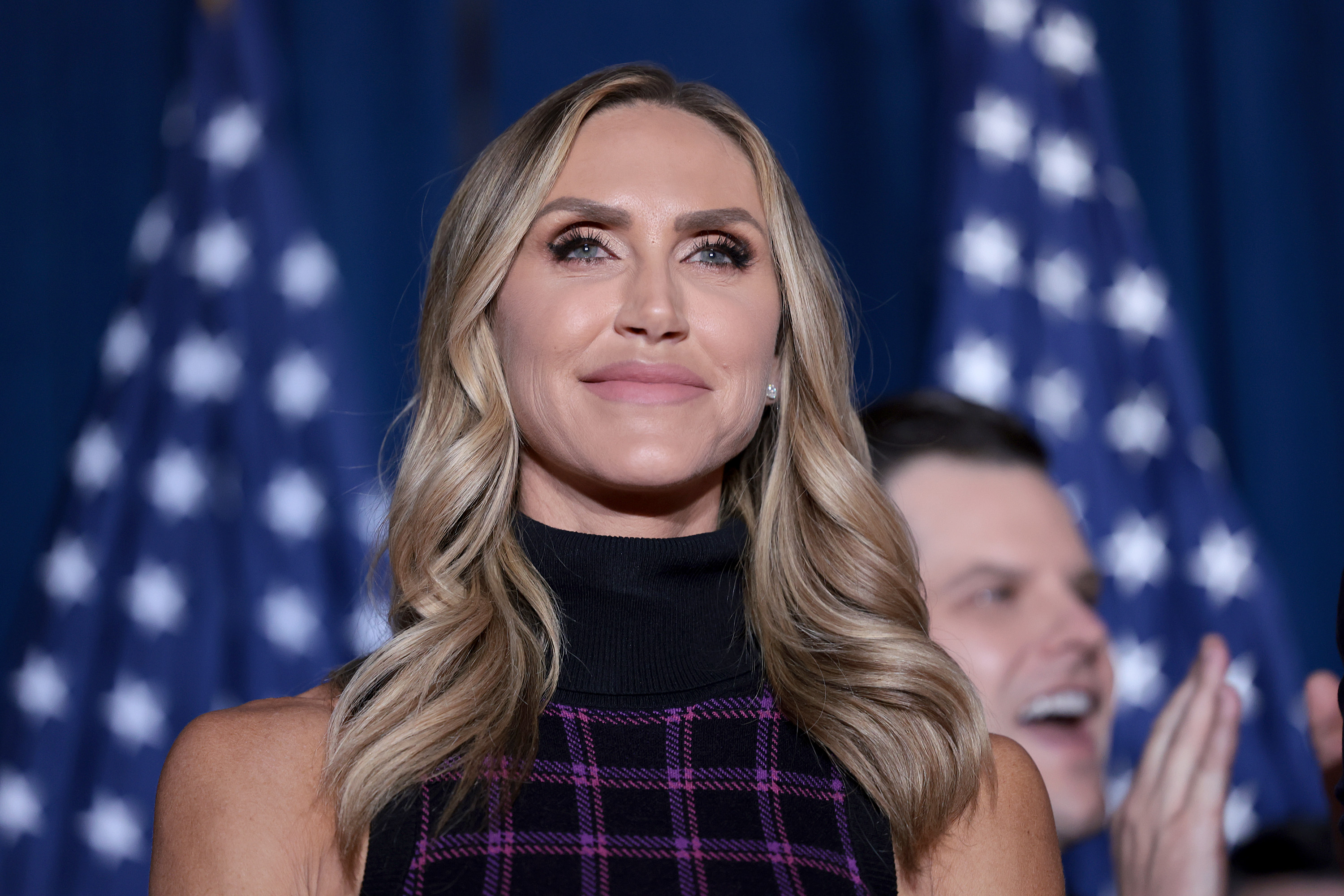The Federal Trade Commission (FTC) has voted to ban employers from requiring workers to sign noncompete agreements, while blocking the enforcement of most existing clauses.
The FTC announced a new rule banning noncompete clauses nationally on Tuesday, maintaining in a press release that the move would protect "the fundamental freedom of workers to change jobs" and "promote competition" by "fostering new business formation."
An estimated 30 million workers—or about 18 percent of the U.S. workforce—are currently bound by noncompete clauses, according to the FTC. The agreements prevent employees who leave their jobs from quickly taking another job in the same industry or starting their own related business.
Under the new rule, existing noncompete clauses can only be enforced if they apply to "senior executives," while companies are barred from entering new noncompete agreements of any sort.

The rule change is set to take effect 120 days after being published in the Federal Register. However, the change could still be blocked in court, as it is expected to face legal challenges from business groups.
"Noncompete clauses keep wages low, suppress new ideas, and rob the American economy of dynamism, including from the more than 8,500 new startups that would be created a year once noncompetes are banned," FTC Chair Lina Khan said in a statement.
"The FTC's final rule to ban noncompetes will ensure Americans have the freedom to pursue a new job, start a new business, or bring a new idea to market," she added.
Shortly after the new rule was announced, the business lobbying group U.S. Chamber of Commerce announced plans to file a lawsuit to block the change, calling it an "unlawful power grab."
Chamber President and CEO Suzanne Clark said in a statement that the ban amounted to "micromanagement of business" and was "not only unlawful but also a blatant power grab that will undermine American businesses' ability to remain competitive."
"This decision sets a dangerous precedent for government micromanagement of business and can harm employers, workers, and our economy," Clark said. "The Chamber will sue the FTC to block this unnecessary and unlawful rule and put other agencies on notice that such overreach will not go unchecked."
The FTC declined Newsweek's request for comment on the Chamber of Commerce's promise to sue.
If the new rule goes into effect, employers will be required to notify workers under existing noncompete clauses that the agreements will no longer be enforced—with the exception of senior executives, which is defined as employees who are in a "policy-making position" and make over $151,164 per year.
The FTC says that the rule will result in $400 billion to $488 billion in wage increases for workers over the next decade, with an estimated average annual increase of $524 per worker.
The agency also claims that the rule will boost competition and business "innovation" in the form of an additional 8,500 new businesses per year, with up to 29,000 more patents being granted per year.
Uncommon Knowledge
Newsweek is committed to challenging conventional wisdom and finding connections in the search for common ground.
Newsweek is committed to challenging conventional wisdom and finding connections in the search for common ground.
fairness meter
To Rate This Article
About the writer
Aila Slisco is a Newsweek night reporter based in New York. Her focus is on reporting national politics, where she ... Read more
To read how Newsweek uses AI as a newsroom tool, Click here.








